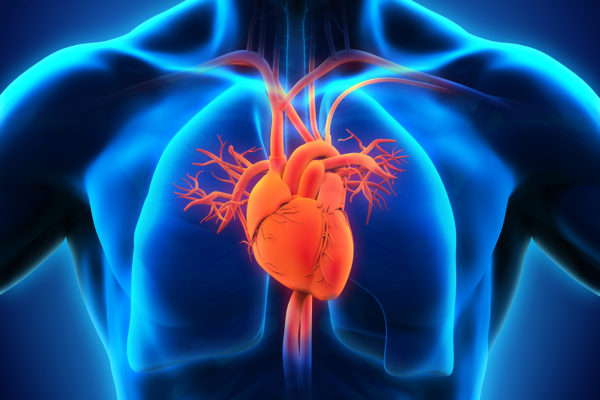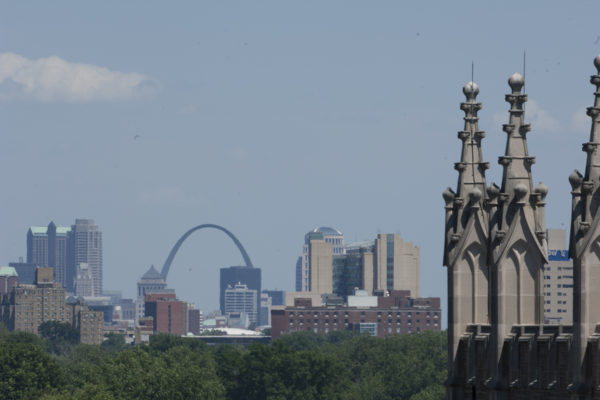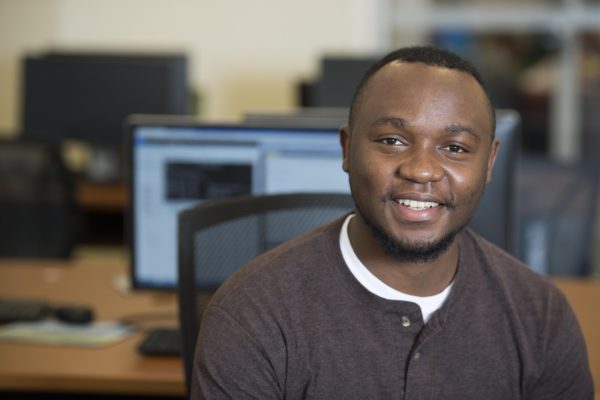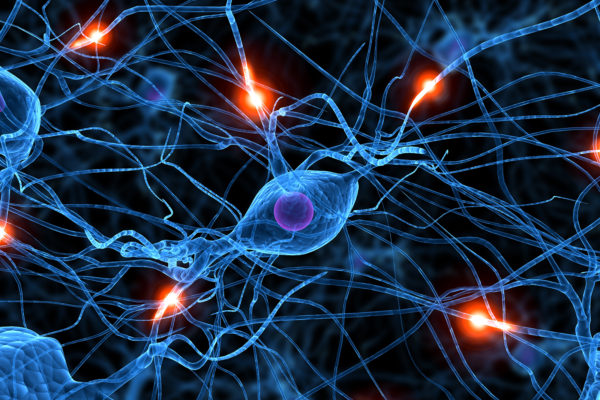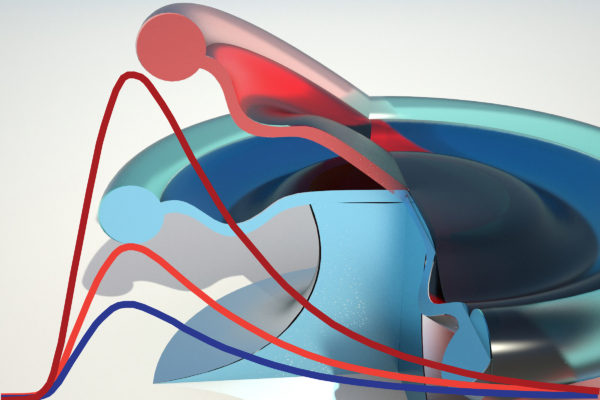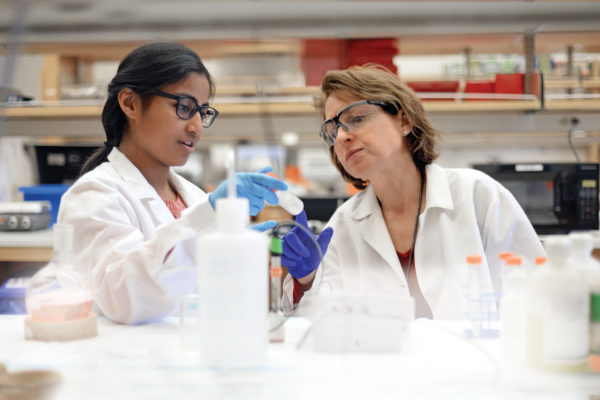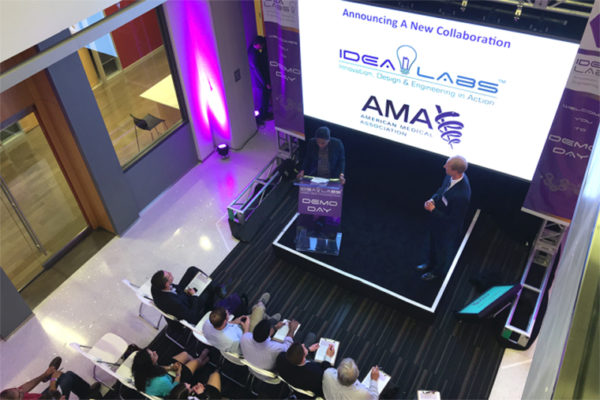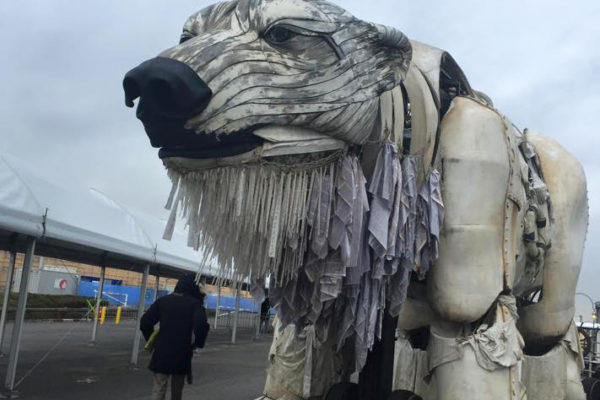Dudukovic receives Neal Amundson Award
Milorad (Mike) Dudukovic, of the School of Engineering & Applied Science at Washington University in St. Louis, has received the prestigious Neal R. Amundson Award for Excellence in Chemical Reaction Engineering from the International Symposia on Chemical Reaction Engineering.
Research suggests new contributor to heart disease
Medical professionals have long known that the buildup of plaque in arteries can cause them to narrow and harden, potentially leading to a whole host of health problems — including heart attack, heart disease and stroke. While high blood pressure and artery stiffness are often associated with plaque buildup, new research from engineers at Washington University in St. Louis shows they are not the direct causes. Their findings suggest a new culprit: elastic fibers in the arterial wall.
Using nighttime air chemistry to track ozone impact
St. Louis’ hazy summers can sometimes be too hot to handle for people with respiratory issues; increased ozone levels can make the air tough to breathe. A team of engineers at Washington University collaborated on a study of St. Louis’ late-summer air quality. They found that naturally occurring compounds processed in the night sky can have a big impact on ozone levels the next day.
Three questions with Elie Mafolo on his journey to WashU
Elie Mafolo didn’t know any English when he came to St. Louis from the Congo in 2012. Now, he’s an Elizabeth Gray Danforth Scholar studying computer science in the School of Engineering & Applied Science. Here, he shares how hard work has helped him achieve.
Huntington’s Disease target of $4.5 million in NIH grants
Rohit V. Pappu, the Edwin H. Murty Professor of Engineering in the School of Engineering & Applied Science at Washington University in St. Louis, has received two grants from the National Institutes of Health totaling more than $4.5 million to study the causes behind Huntington’s disease that may ultimately provide clues for a treatment or cure.
A new route to chaos
Researchers in the School of Engineering & Applied Science at Washington University in St. Louis have discovered a novel route to encode chaos on light in an optomechanical microresonator system.
Back to health
Biomedical engineer Lori Setton’s collaborative research is pioneering new ways of providing relief to those who suffer neck and back pain.
American Medical Association to collaborate with IDEA Labs
IDEA Labs, a student-run bioengineering and design incubator started at Washington University in St. Louis, will expand its national reach through a partnership with the American Medical Association. The collaboration is aimed at supporting cutting-edge medical technology development from the next generation of young entrepreneurs.
Nanoparticles present sustainable way to grow food crops
Engineers at Washington University in St. Louis are using nanoparticle technology in an effort to meet the ever-increasing demand for food. Their innovative technique boosts the growth of a protein-rich bean by improving the way it absorbs nutrients, while reducing the need for fertilizer.
Climate change: Are we there yet?
The six Washington University students who went to the Conference of the Parties (COP21) climate negotiations in Paris are well prepared, resilient, tough-minded and in this fight for the duration.
View More Stories

